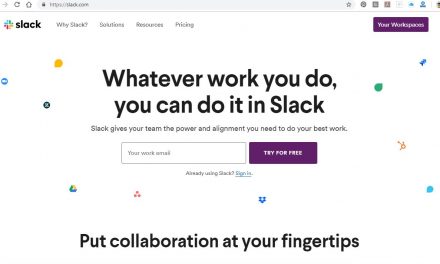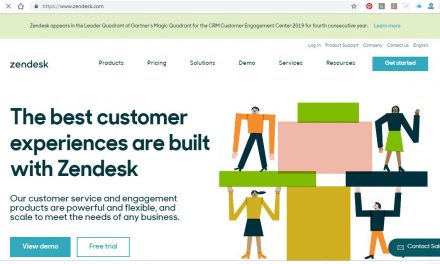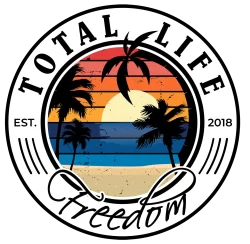Course platforms can be an important part of an outsourcing strategy. Whether you are building instructional materials for virtual assistance or developing classes for customers, you are going to want the right platform for you.
In today’s world, we often find ourselves looking online in order to teach ourselves skills we otherwise wouldn’t be able to acquire without some sort of guidance. YouTube videos and blog posts have been a go to for self-teaching, with mentors often offering further honing and sharpening of these skills through paid content on their websites.
If you’re an expert at something and feel that your skills would be profitable in a teaching setting, where would you go to start such a small business plan? In the past, websites would need to be built from scratch and content sent to subscribers as they’ve paid for it. Now though, websites like Teachable and Kajabi do all the hard work for you. We’ve taken a look at these two sites, comparing what they offer to content creators and at what price.
Teachable
Teachable offers full website customization, using a drag-and-drop website builder. The service claims to allow for viewing on any device or platform. This allows ease of use for your students at any time, be it at home or on the go. Teachable provides a free domain, or for an additional cost you are able to host under your own domain. Learning Tools included by Teachable help to build an online community through quizzes, discussion boards, and completion certificates. Student feedback is also able to be provided through the use of Google Forms, online surveys, and tailored emails.
On the marketing side of the website, Teachable makes it easy to provide coupons, a range of payment options (one-time or subscription based), and international accessibility. Behind the scenes, teachers are provided analytics tools. This includes a comprehensive dashboard showing revenue over time, course-wide insights, multiple-instructor support, and student enrollment information. In all levels of Teachable’s subscription, unlimited hosting, integrated payment processing, unlimited videos, and unlimited students are included, among many other useful applications.
Kajabi
Kajabi is similar to Teachable in regards to the website provided by the host. The website is fully customizable so that the website is able to fit the brand that you are establishing. Additionally, the platform provides a free domain, and you are able to use a custom domain, just like Teachable. Kajabi seems to function more similarly to a website like that of WordPress, however. A built-in blog on Kajabi’s website as a way to provide updates to current and future subscribers. The blog matches the themes selected for your website, providing a seamless experience.
Kajabi also provides pre-built disclaimers for your online school, able to be tailored to your needs as you see fit. Kajabi, like Teachable, pushes the seamless experience with allowing information to be viewed on any device. A unique part of the Kajabi site that we saw was the Drip Content option. Automatic emails can be sent to subscribers when new content unlocks for them, based on their subscription date. In the marketing aspect, Kajabi offers pipeline tools. This allows you to send information out in succession as it makes sense to your content. Custom forms help collect visitor data, and information on leads. This makes it easier to nurture interested individuals into paying customers.
Course Platforms Wrap Up
So, which online platform seems to fit your Knowledge Commerce business best? Teachable has more open ended plans, allowing for unlimited students and content. Kajabi allows classes and schools to be more exclusive and curated by the administrators. Both services offer a free trial, so have your hand at both if you’re having trouble deciding. You can preview everything before launch, allowing you to kick your classes off on the best foot!
Learn more about Teachable
Learn more about Kajabi









